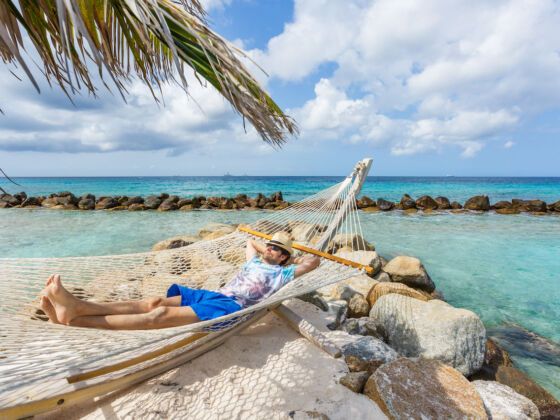A friend of mine told me last week that he hasn’t taken a vacation in three years. For three consecutive years he decided to forgo his paid time off for…more work. To me, not taking advantage of your designated vacation days is unthinkable, but unfortunately, it’s an all too common occurrence in the US.
A 2013 Expedia study revealed that US workers are skipping, on average, four of their allotted vacation days per year, amounting in total to a collective 577 million unused days.
